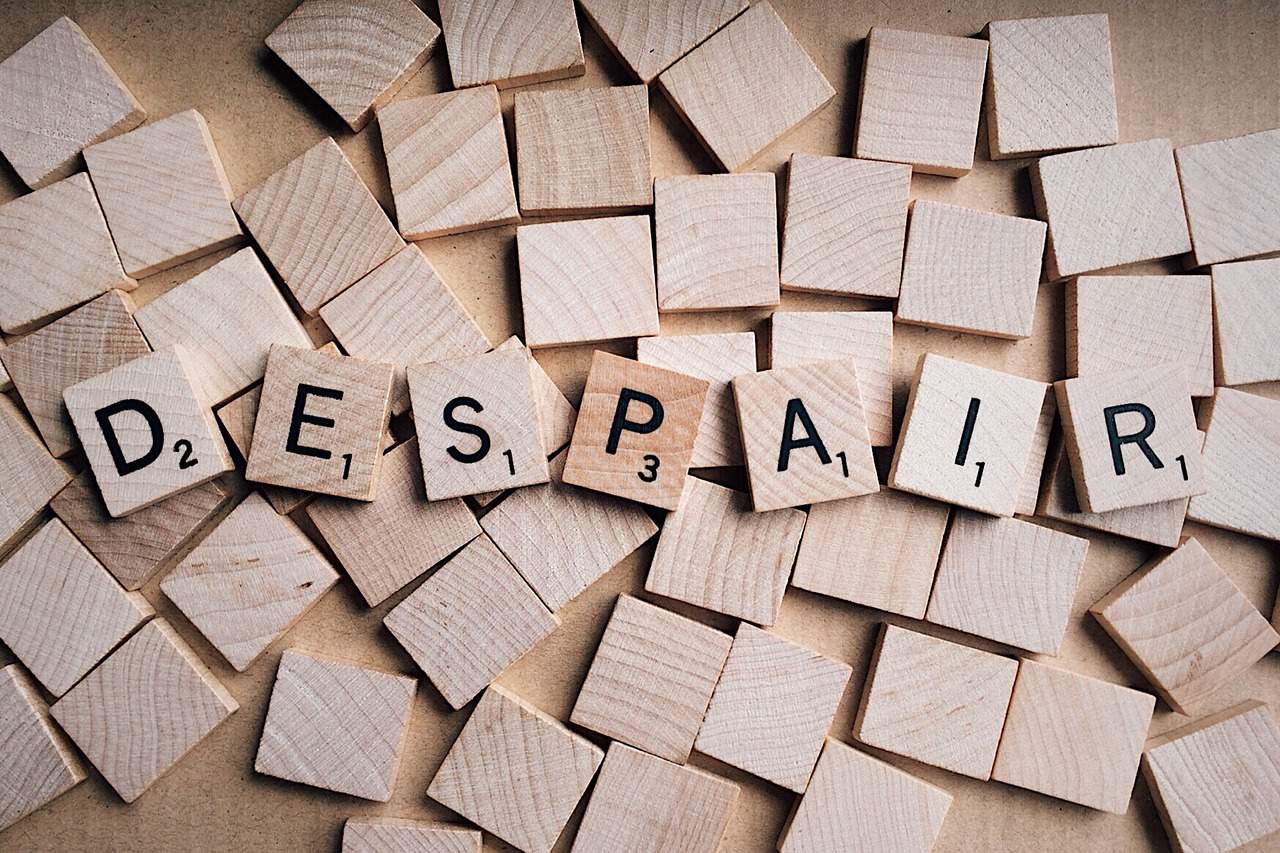
Grief Can Be More Complicated Than We Thought
There’s a new approach to understanding complicated grief and it all has to do with the biopsychosocial impact of the death of a loved one. Turns out, grief is rooted in science, with the grief-counseling field tasked with identifying and treating people who are at risk for mental and physical complications as a result of their loss. Traditionally, a one-size-fits-all approach has been taken to address bereavement that assumes all people will grieve in the same way. However, a new report by the APA’s Ad Hoc Committee on End-of-Life Issues says psychologists should employ careful assessment and custom tailored treatments to those who are grieving. If you have recently lost a loved one in Alameda County and elsewhere, there are many bereavement services you can take advantage of that fit your unique needs.
A Different Way of Coping
Most bereaved people cope in effective ways; however, research shows that the stresses associated with profound loss, such as confronting death head on and living alone, can have serious and even deadly impacts on some. The work of the ad hoc committee noted above has prompted leaders to pinpoint roles for psychologists in regards to end-of-life care. According to the report, 40 percent of people who lose a spouse experience anxiety or panic episodes within the first 12 months. The mortality rate among surviving spouses in the six months after a significant loss increases 40 to 70 percent in contrast with the general population.
Additionally, research shows that 15 percent of people who have lost a loved one can fall victim to “complicated grief,” which is a condition that’s much more serious than the average loss-related life transition, and associated depression and anxiety. It is characterized by sweeping changes in all personal relationships, as well as a feeling of hopelessness and meaninglessness, a never-ending search for the deceased, and a shattering of personal beliefs.
This is why psychological researchers want to develop new ways of assessing and treating severe grief, taking into account a broader awareness of how grief shows itself. Because individual differences in this experience are all different, treatment plans must then comprise custom-tailored approaches that work for the person — rather than “most people.”
What is Complicated Grief?
Now that we’re talking about “most people,” it’s important to point out that the majority of people experiencing normal grief and bereavement go through a time of sorrow, numbness, guilt and even anger. These feelings gradually ease up over time so that the person can accept the loss and move on with their life. But for some people, those feelings of loss never improve and cause paralyzing effects over time. This is what is known as complicated grief — or persistent complex bereavement disorder. This is when post-loss emotions are so painful, long-lasting, and severe that the person has difficulty recovering from the loss and resuming their life, explains the Mayo Clinic.
Different people go through grief in different ways, but in general, the four phases include:
- Accepting the reality of loss
- Allowing oneself to experience the pain of the loss
- Adjusting to a new reality
- Enjoying other relationships
For those going through complicated grief, they get stuck at the beginning, never going through these phases to eventually accept what has happened.
Signs and Symptoms of Complicated Grief
The first few months after a loved one dies can bring on the same signs and symptoms in all grieving people. However, normal grief symptoms fade over time, while complicated grief tends to linger and many times worsen. Complicated grief is akin to being in a heightened, on-going state of mourning that prevents the person from truly healing.
Signs and symptoms of complicated grief include:
- Deep sorrow and pain
- Inability to focus on anything else but the death
- Extreme focus on reminders of the loved one and/or avoiding all reminders
- Intense, persistent longing for the person who has died
- Detachment
- Bitterness
- Hopelessness; lack of meaning in life
- Inability to trust others
- Inability to enjoy life
- Difficulty carrying out everyday routines
- Isolation from others and withdrawal from hobbies and activities
- Depression, guilt or self-blame
- Belief that you could have prevented the death
A big part of complicated grief is the feeling that life simply isn’t worth living anymore, wishing you had died with your loved one instead of being left behind. These are all destructive thoughts that can be dangerous if left unchecked over time.
If you are having suicidal thoughts, have intense grief and experience problems functioning normally that don’t get better after one year, contact your doctor or mental health provider.
Contact Pathways Home Health and Hospice
Another complement to seeking professional help is to take part in bereavement support activities at Pathways Home Health and Hospice. We understand that people grieve in different ways, which is why we offer anything from support groups and workshops to memorial services and counseling. Please contact us today at 888-755-7855 to learn how we can help you through this difficult transition.

